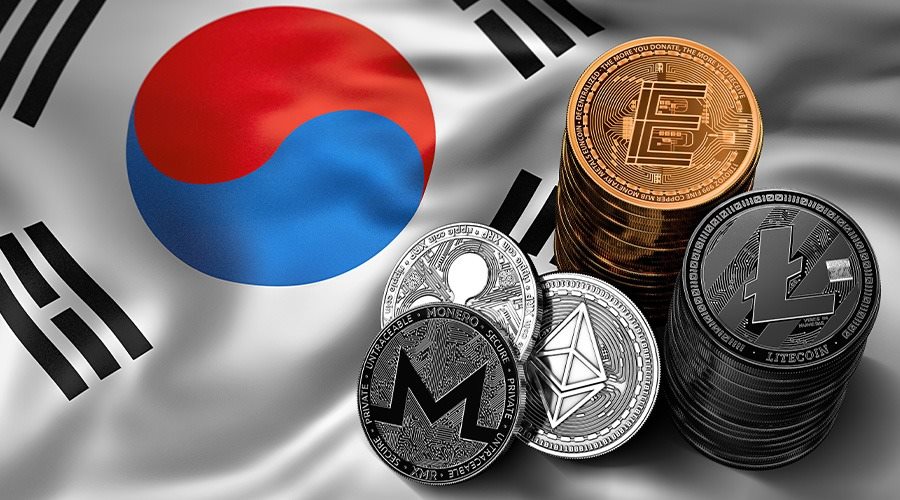The first crypto laws implemented by South Korea are now fully operative. Following the catastrophic collapse of Terra-Luna and FTX in 2022, put on a fast track, underscoring the need to guarantee safety nets for bitcoin investors.
Officially enacted on July 18, 2024, the Virtual Asset User Protection Act has a one-year grace period to help improve the regulation’s specifics.
The legislation lays more demands on the exchange of digital assets. Now legally required by service providers in South Korea, at least 80% of user crypto deposits are kept in cold storage apart from their own cash.
Exchanges also have to keep bitcoin reserves equal in kind and value and assign user cash deposit custody to a licensed local bank. Moreover, Korean crypto services now have to register for sufficient insurance or have a reserve of money ready for liquidity crises or hacks.
Enhanced Monitoring and Compliance Measures
Apart from policies to protect user money, the act requires exchanges to create real-time monitoring systems to document abnormal trading actions that would possibly be illegal. Businesses that disobey the new criteria face risky fines or service suspensions from the Financial Services Commission (FSC), the nation’s top financial regulator.
Along with the new law, the FSC just revealed a 24-hour surveillance network with local exchanges that will filter for any questionable activity in the bitcoin market.
President of the local think tank Korea Fintech Society, Kim Hyoung-joong, informed The Block that the new law created a legislative framework that might let local blockchain solutions open doors for worldwide expansion. He did note, though, that the law must be expanded beyond its present scope.
“Korea has a policy that precisely separates the issuing of virtual assets from the distribution of virtual assets,” Kim stated. Distribution is governed under the Virtual Asset User Protection Act. Still, there is no legislation in place to control the creation of virtual assets.
The head of the think tank also pointed out that the authorities are also neglecting ways to support the expansion of the local crypto sector, which has to be matched with robust control.
While legislators are now debating what should be included in the follow-up law, South Korea’s virtual asset law was originally intended as a two-part statute. Some areas under consideration are controlling token issuers, looking at the ban on institutional investment in crypto, and stablecoin policies.
You can also freely share your thoughts and comments about the topic in the comment section. Additionally, don’t forget to follow us on our Telegram, YouTube, and Twitter channels for the latest news and updates.


